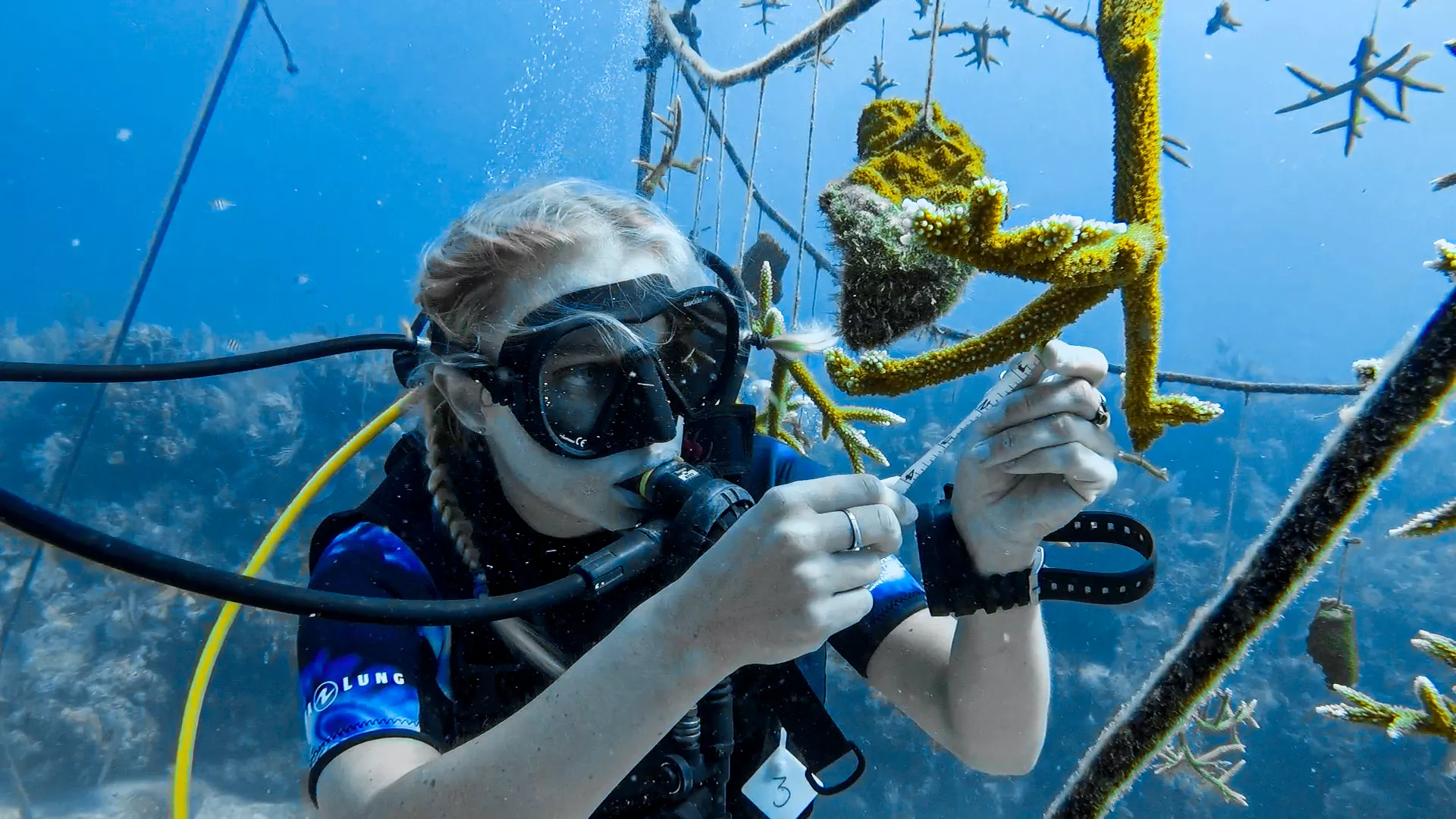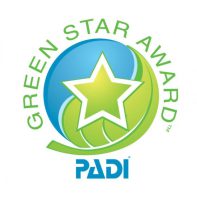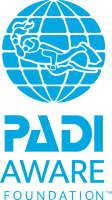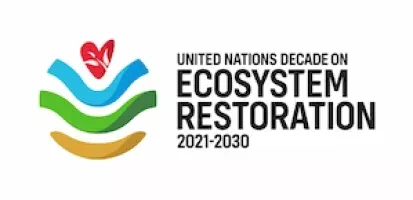Eco Courses
Reef Ecology Workshop
1,5 hours workshop about the biology and ecology of coral reefs in the Caribbean, the threats they face and solutions, with a possibility to add an interpretation snorkel or dive in Mahahual.
Coral Restoration Workshop
1,5 hours workshop about the biology and ecology of corals and the importance of coral reef restoration projects, with a possibility to add an interpretation dive to our coral nursery and restoration zone in Mahahual.
Megafauna Conservation Workshop
1,5 hours workshop about the biology, ecology and conservation of megafauna, with a possibility to add an interpretation dive in Mahahual
Shark Conservation Workshop
3 hours workshop about the biology, ecology and conservation of sharks, with a possibility to add an interpretation dive in Banco Chinchorro
Coastal Ecology Program
3-week course. This program is also part of our Eco Divemaster course.
Reef Monitoring Training
4/5-week course. The training is also part of our Scientific Divemaster course. Please note that we require an Advanced Open Water certification and good buoyancy skills.







